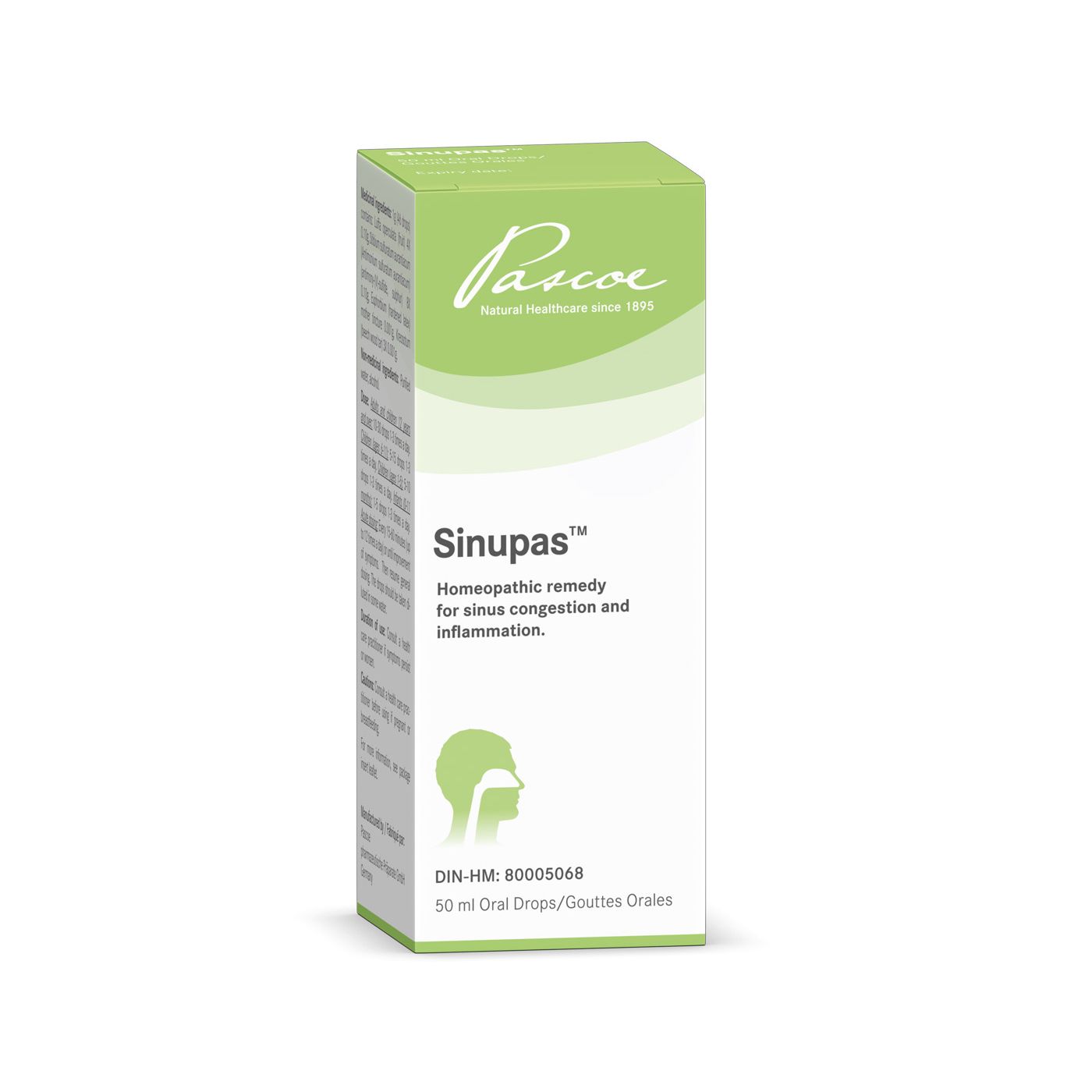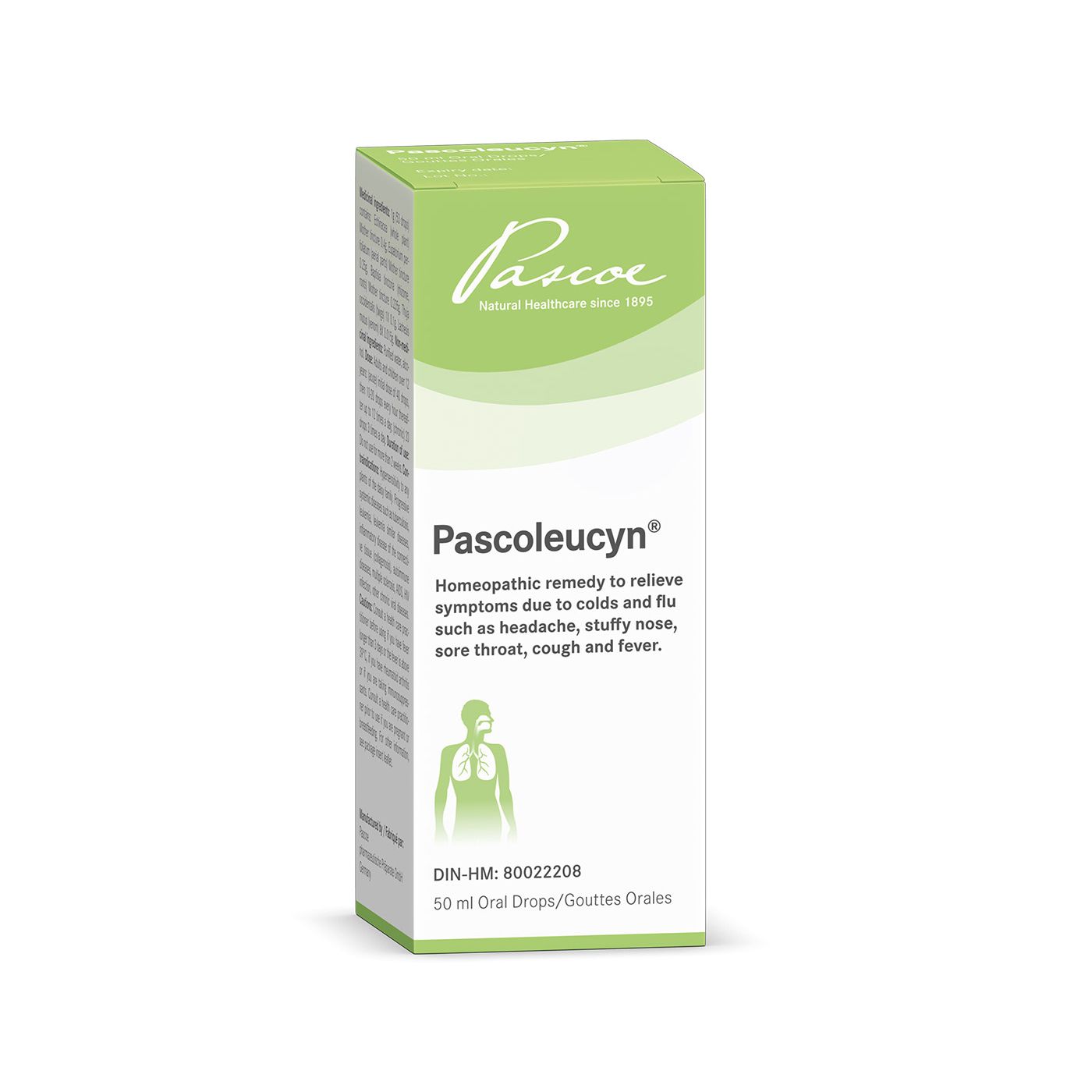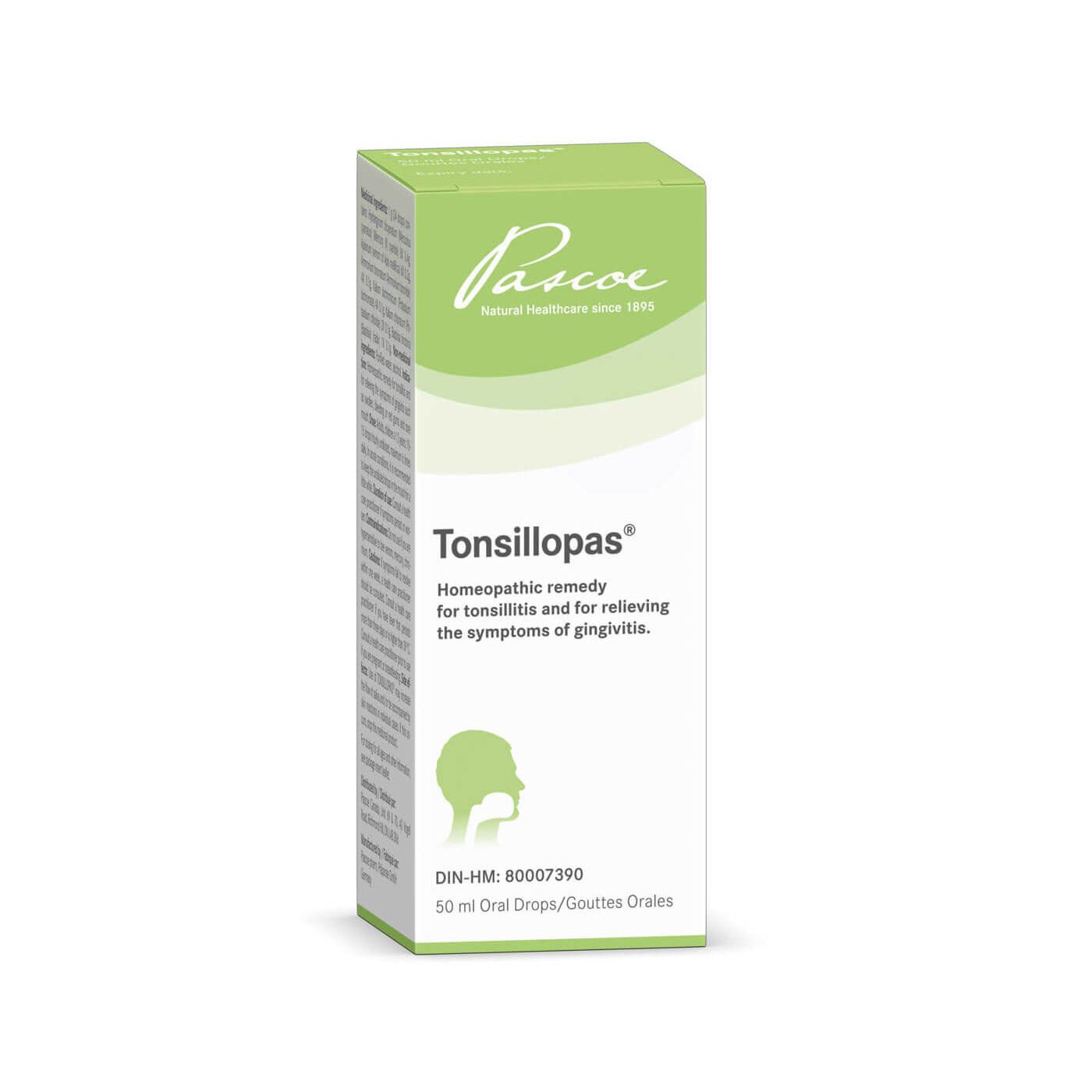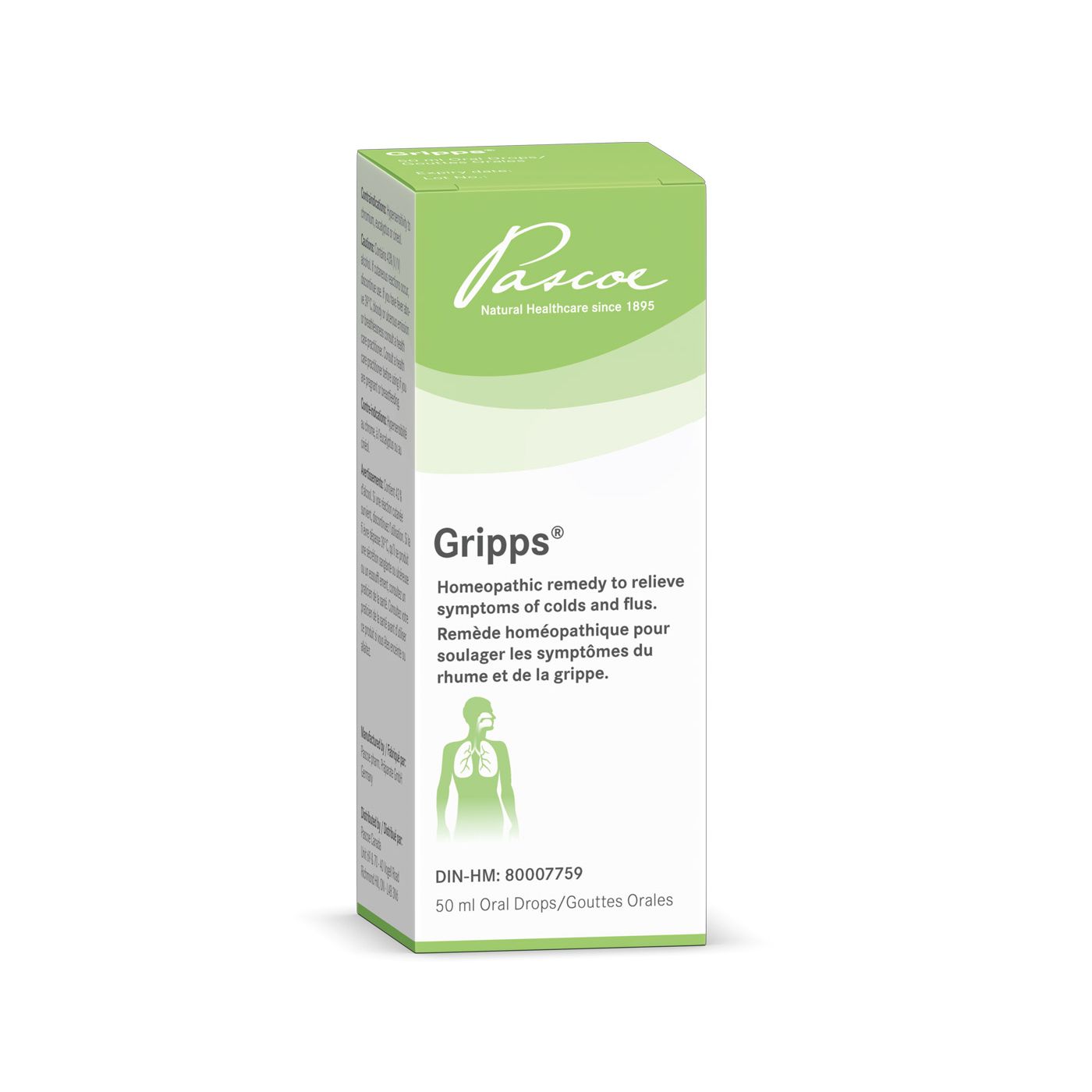Echinacea: A Natural Defender Against Colds and Flus
With the rise of natural remedies and herbal supplements, echinacea has emerged as a popular option for preventing and treating colds and flus. But are you aware of all the echinacea benefits?!
What is an Echinacea Plant?
Echinacea, also known as the purple coneflower, is a beautiful and resilient flowering plant native to North America. For centuries, Native American tribes utilized echinacea as a medicinal herb to treat various ailments. In recent times, modern research has shed light on its potential to boost the immune system and ward off respiratory infections.
Learn more about the scientific evidence supporting the use of echinacea as a preventive measure against colds and flus below.


Understanding Echinacea
Echinacea boasts a rich composition of bioactive compounds such as flavonoids, phenols, and alkylamides. These compounds are believed to contribute to its immune-boosting properties. The three primary species used for medicinal purposes are Echinacea purpurea, Echinacea angustifolia, and Echinacea pallida. The roots, leaves, and flower heads of these plants are often utilized to produce supplements and herbal remedies.
Boosting the Immune System
One of the key reasons echinacea is associated with cold and flu prevention lies in its ability to enhance the immune system. The herb stimulates the production of white blood cells, which play a crucial role in defending the body against pathogens, including viruses.
Additionally, echinacea has been shown to activate macrophages, immune cells that engulf and destroy foreign invaders. By bolstering the immune response, echinacea may help the body better combat the viruses that cause colds and flus.
Anti-Viral Properties
Numerous in vitro studies have highlighted the antiviral properties of echinacea. Certain active compounds in echinacea, such as echinacein and cichoric acid, have demonstrated efficacy against various viruses, including influenza viruses. These compounds may inhibit the replication of viruses, reducing their ability to spread within the body and leading to milder or shortened illnesses.
Clinical Trials on Echinacea and Colds/Flus
A notable study published in the New England Journal of Medicine found that participants who took an echinacea extract experienced a significant reduction in the severity and duration of cold symptoms compared to those who received a placebo.
It is essential to note that the efficacy of echinacea may vary based on factors like the specific product used, dosage, and individual differences.
Preventive Measures and Timing
For echinacea to potentially prevent colds and flus effectively, it is crucial to consider certain factors. Firstly, the timing of echinacea supplementation matters. Starting echinacea at the first sign of symptoms or immediately before flu season may not provide the desired benefits. Consistent use throughout the cold and flu season is likely more beneficial.
Echinacea is most effective when used as part of a comprehensive approach to immune health.
Lifestyle Adjustments
If you want to avoid sore throats associated with cold and flu season, supplementing with echinacea at the end of summer, into the fall—and for long term prevention– throughout the winter, and reduce your chances of getting sick.
Other lifestyle considerations include maintaining a balanced diet, regular exercise, sufficient sleep, and stress management can support the immune system's overall functioning. To further supplement your immune health, consider taking dietary supplements to round out your routine and soak up extra vitamin D with daily full sun exposure! Even if you tend to avoid seasonal illnesses, the health benefits of these lifestyle adjustments are manifold and should be implemented by everyone.
Cautions and Considerations
While echinacea holds promise as a natural cold and flu preventive, it's essential to exercise caution and consider certain factors and potential side effects:
1. Allergies: Individuals with known allergies to plants in the Asteraceae family (e.g., ragweed, marigolds) may also be sensitive to echinacea, experience allergic reaction, and should avoid its use.
2. Medication Interactions: Echinacea may interact with certain medications, such as immunosuppressants, antivirals, and some cancer drugs. Consult with a healthcare professional before using echinacea, especially if you are taking other medications.
3. Pregnancy and Nursing: Pregnant or nursing women should consult their healthcare provider before using echinacea, as its effects on fetal development and breast milk are not yet fully understood.
Echinacea has a long-standing history as a medicinal herb, and modern scientific research has shed light on its potential benefits, particularly in cold and flu prevention. While evidence suggests that echinacea can boost the immune system and may possess antiviral properties, it's crucial to approach its use with a balanced perspective. For those considering echinacea supplementation, consulting a healthcare professional is essential, especially if there are pre-existing medical conditions or concerns about interactions with other medications.
Additionally, maintaining a healthy lifestyle and good hygiene practices remain essential in reducing the risk of colds and flus. Echinacea can be a valuable addition to a holistic approach to supporting the body's defence against seasonal illnesses.
References:
-
Goel, V., et al. “Efficacy of a Standardized Echinacea Preparation (EchinilinTM) for the Treatment of the Common Cold: A Randomized, Double-Blind, Placebo-Controlled Trial.” Journal of Clinical Pharmacy and Therapeutics, vol. 29, no. 1, Feb. 2004, pp. 75–83, onlinelibrary.wiley.com/doi/abs/10.1111/j.1365-2710.2003.00542.x, https://doi.org/10.1111/j.1365-2710.2003.00542.x. Accessed 6 Sept. 2019.
Hudson, James, and Selvarani Vimalanathan. “Echinacea—a Source of Potent Antivirals for Respiratory Virus Infections.” Pharmaceuticals, vol. 4, no. 7, 13 July 2011, pp. 1019–1031, www.ncbi.nlm.nih.gov/pmc/articles/PMC4058675/, https://doi.org/10.3390/ph4071019.
Karsch-Völk, Marlies, et al. “Echinacea for Preventing and Treating the Common Cold.” Cochrane Database of Systematic Reviews, 20 Feb. 2014, www.cochrane.org/CD000530/ARI_echinacea-for-preventing-and-treating-the-common-cold, https://doi.org/10.1002/14651858.cd000530.pub3.
Mayo Clinic. “Cold Remedies: What Works, What Doesn’t.” Mayo Clinic, 2018, www.mayoclinic.org/diseases-conditions/common-cold/in-depth/cold-remedies/art-20046403.
Saeidnia, Soodabeh, et al. “Echinacea Purpurea: Pharmacology, Phytochemistry and Analysis Methods.” Pharmacognosy Reviews, vol. 9, no. 17, 2015, p. 63, www.ncbi.nlm.nih.gov/pmc/articles/PMC4441164/, https://doi.org/10.4103/0973-7847.156353.








